Date: September 6, 2025
Artificial intelligence company Anthropic has agreed to pay $1.5 billion to settle a lawsuit brought by a group of authors who claimed their copyrighted works were used without permission to train the company’s chatbot, Claude. The deal marks one of the largest copyright settlements in U.S. history and sets a major precedent for how AI firms handle intellectual property.
Authors’ Claims
The case was led by authors Andrea Bartz, Charles Graeber, and Kirk Wallace Johnson, who alleged that Anthropic had relied on pirated copies of more than 500,000 books to develop its AI models. According to the complaint, these works were scraped from illegal online sources and used without licensing agreements, depriving creators of compensation.
Terms of the Settlement
Under the agreement, affected authors will receive roughly $3,000 per book, plus interest. Anthropic has also pledged to delete any pirated data from its systems and to implement stricter practices around sourcing training materials. While the company did not admit to wrongdoing, it described the settlement as a necessary step to resolve long-standing disputes and move forward with its AI development.
Legal and Industry Impact
Earlier court rulings had established that training AI on copyrighted material could qualify as “fair use” — but only when the data was acquired legally. By relying on pirated copies, Anthropic crossed a line that weakened its defense, pushing it toward settlement.
Experts say the outcome will reverberate across the tech industry, as other AI companies like OpenAI, Meta, and Microsoft face similar lawsuits. The size of the settlement underscores the financial risks tied to copyright misuse and signals that courts may be prepared to enforce significant penalties on violators.
Avoiding a Billion-Dollar Blow
Had the case gone to trial, damages could have potentially exceeded $1 trillion, a figure that analysts warned could have bankrupted Anthropic. By settling, the company avoided years of litigation and ensured its survival, albeit at a steep price.
Looking Ahead
This landmark deal is likely to reshape the relationship between AI developers and content creators. It could pave the way for new licensing models where authors, publishers, and rights holders are compensated fairly when their work is used to train AI systems.
As the dust settles, one thing is clear: the era of unregulated data scraping for AI development is rapidly coming to an end.



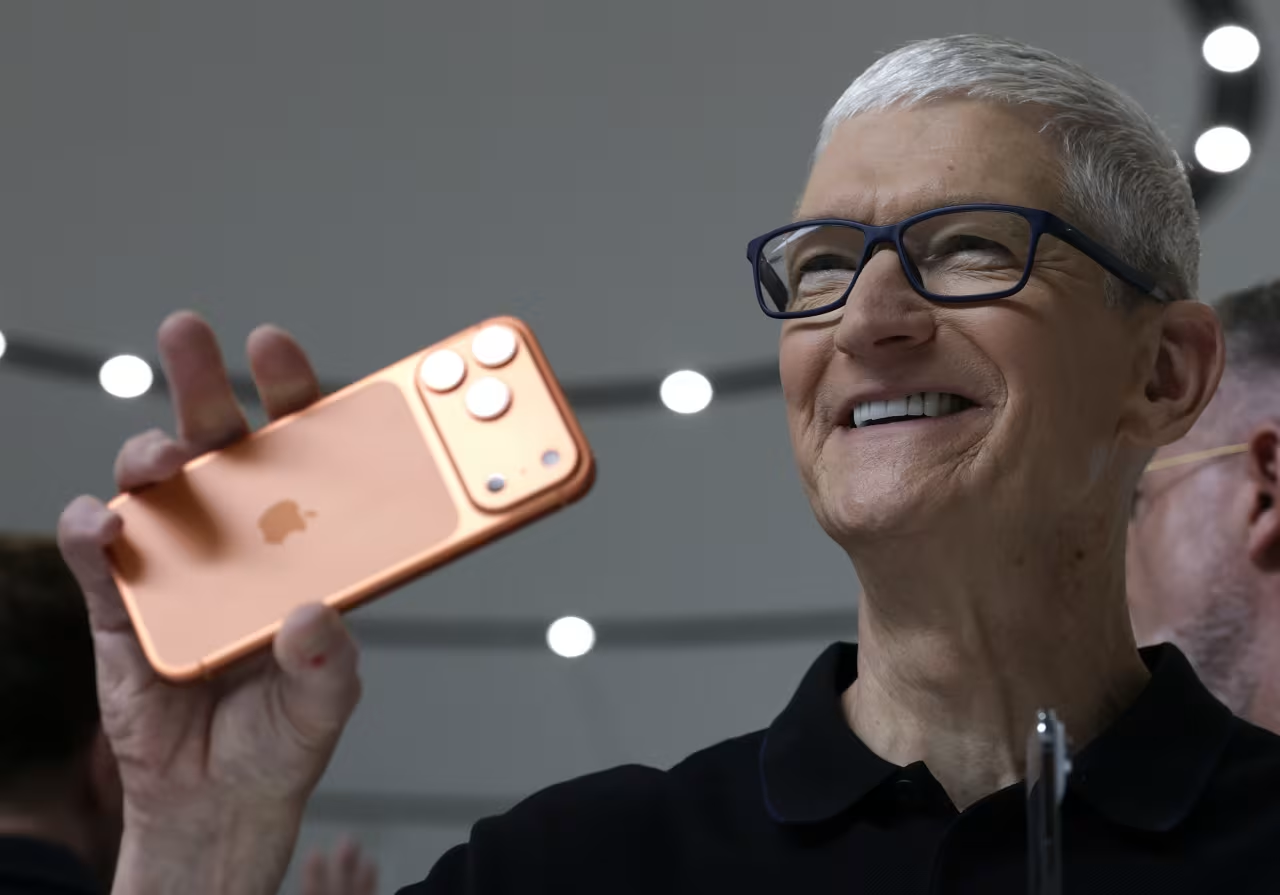


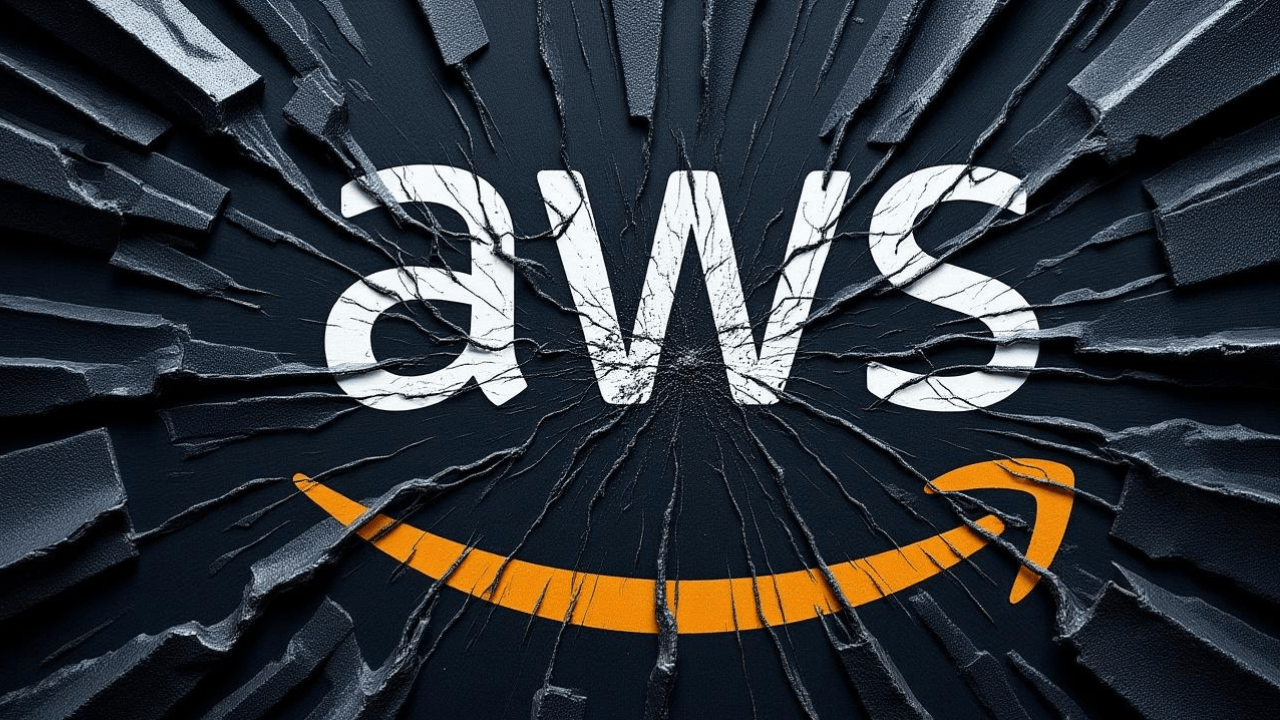

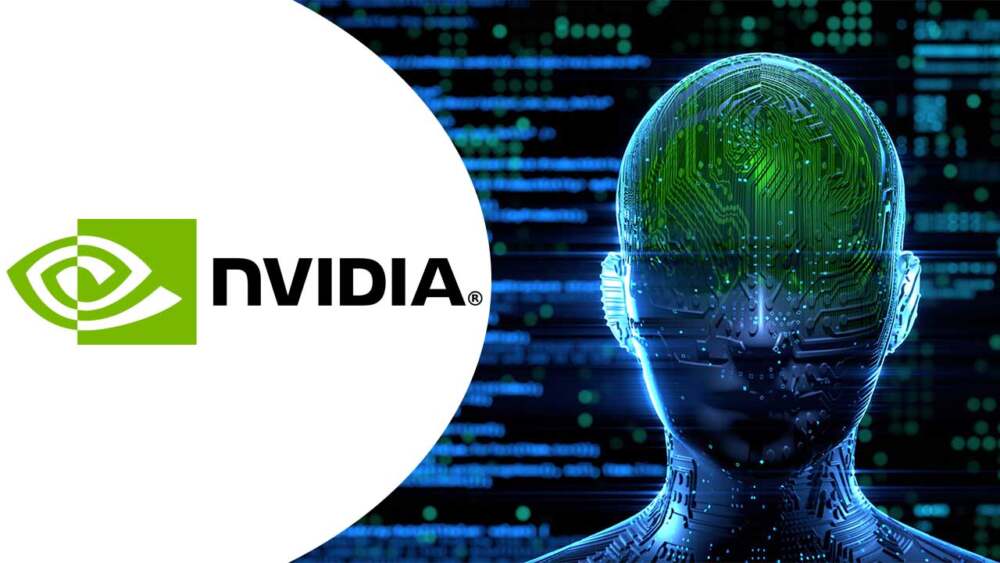


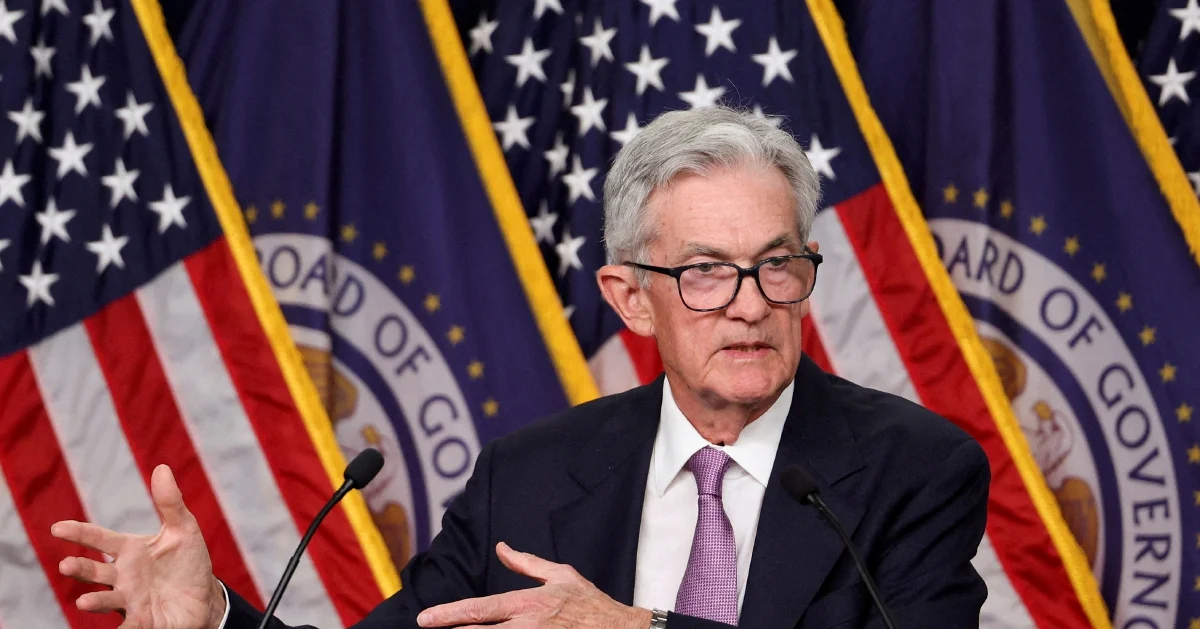
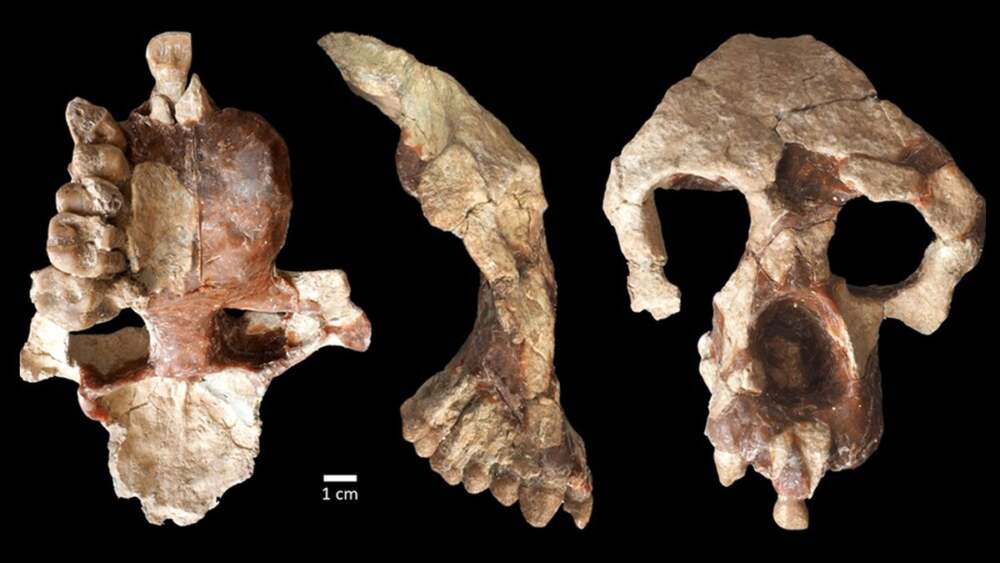



Leave a Reply